Cover crops and soil residue work hand-in-hand to improve a number of soil health qualities that recharge your soil and bring back what was tilled and swept away for years.
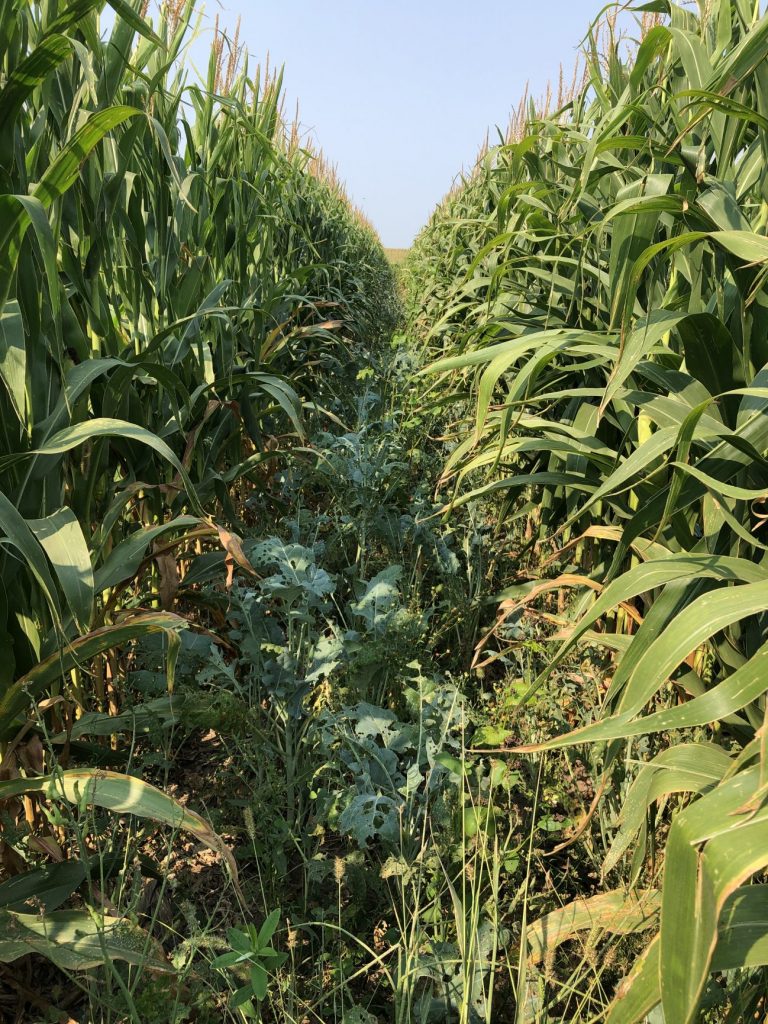
Everyone likes having room to breathe, and soil is no different.
Tillage reduces infiltration by compacting the soil particles which increases runoff. The high compaction limits the amount of nutrients that sink into the soil and leaves the topsoil susceptible to erosion. If practicable, limit the number of passes over your field to minimize increased compaction. Reducing tillage gives the soil a break to loosen and build up a protective residue barrier for the topsoil’s necessary bacteria and nutrients.
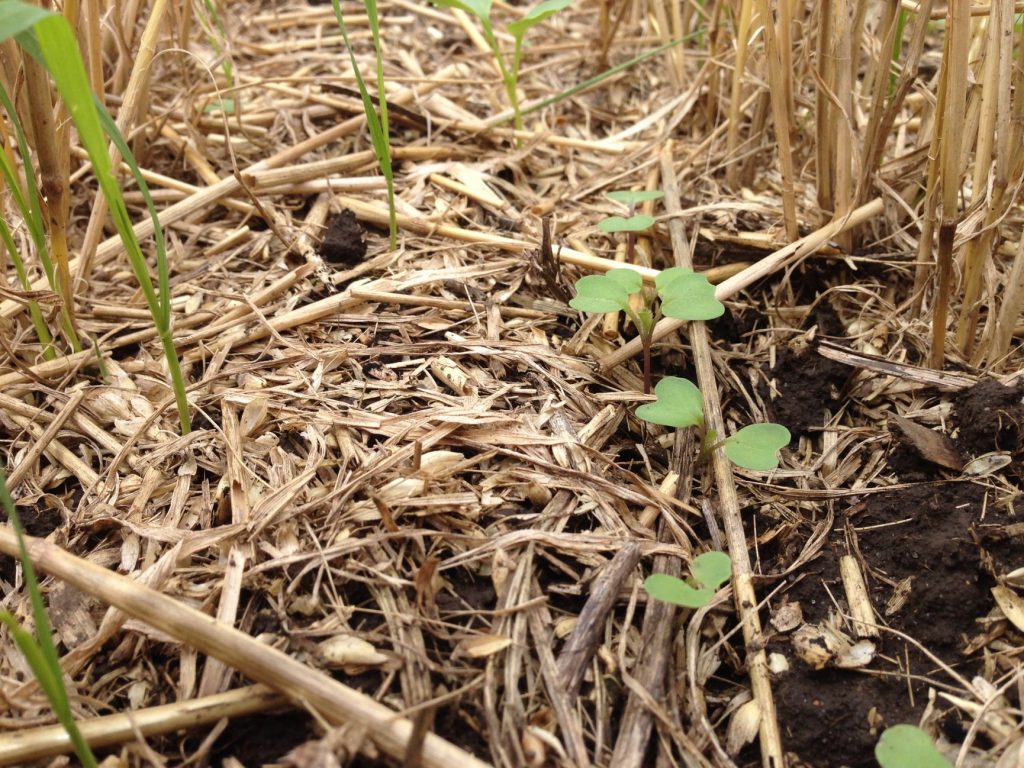
Roots or Runoff
Including cover crops with fibrous and taproot root systems, opens the soil to increase infiltration and carbon fixation. (And plant diversity is a plus!) If weather conditions allow, having a living root in the soil year-round is ideal to continuously feed and supply the soil with desired nutrients and carbon for future crops
No Sprouts in Droughts
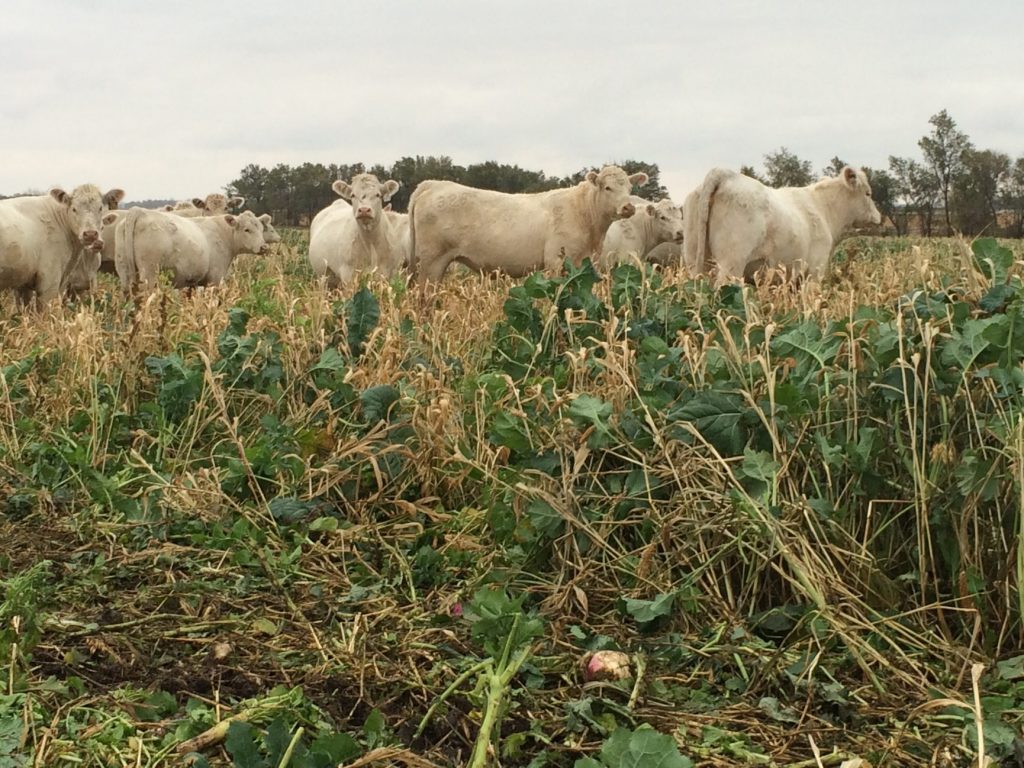
It is evident that irrigation is an obvious choice to tackle dry conditions but is not a practical solution for many farmers. During dry or drought conditions, cover crops and residue create a shield to keep the soil cool and reduces water evaporation from the scorching sun. In return, the soil and crops are armored up to handle the harsh conditions. When grazing in dry conditions, it’s best to avoid overgrazing the crops for not only the sake of plant regrowth but exposing the soil to the elements and decreasing infiltration.
It doesn’t happen in a day but including soil health friendly practices and diligently sticking to them, you are bound to see a soil turn-around and improvements all around. Every operation is different. Find what practices align best with your goals and we will be there to help you along the way. We’re here to answer any questions you may have, enjoy the journey!
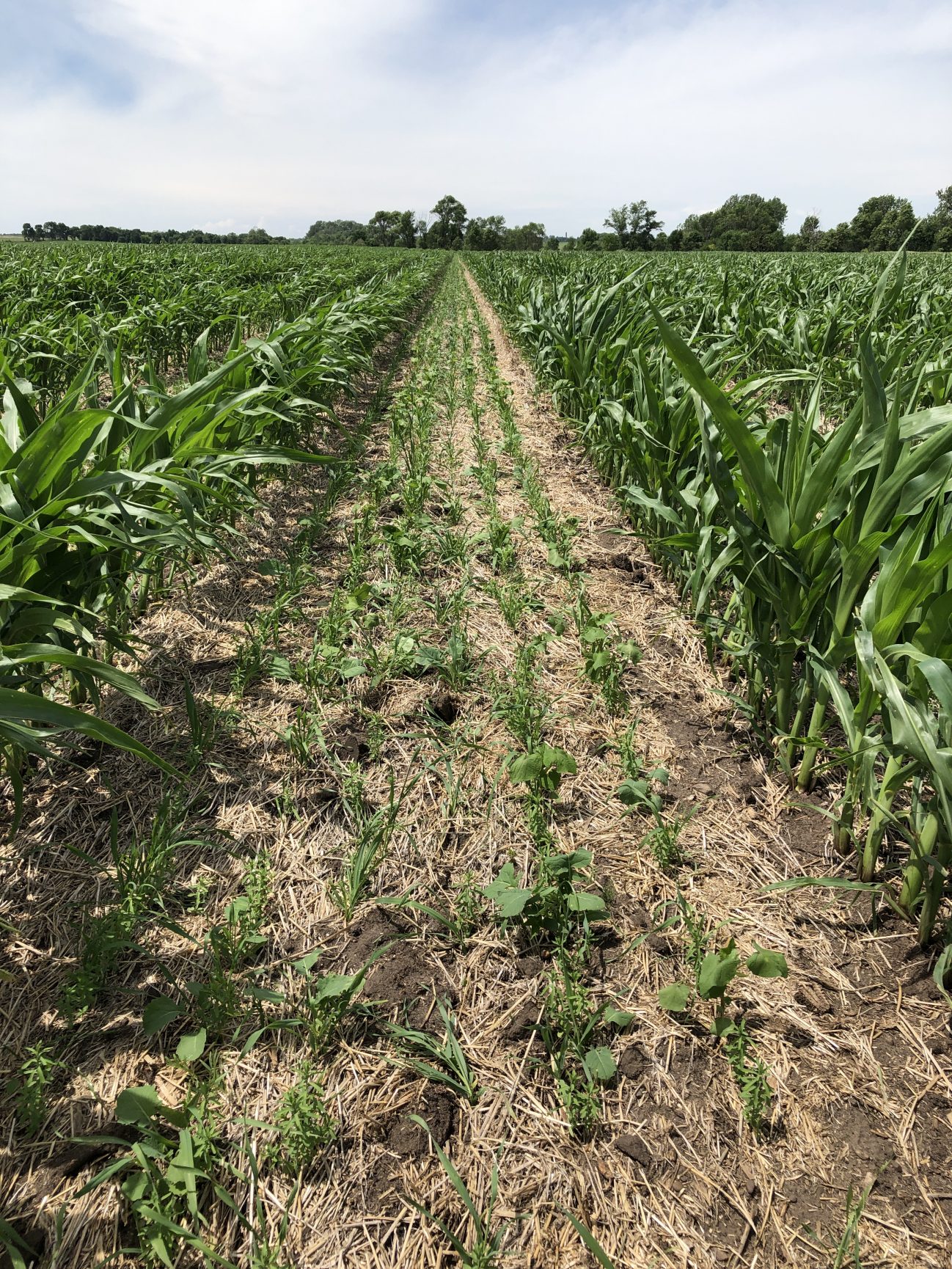
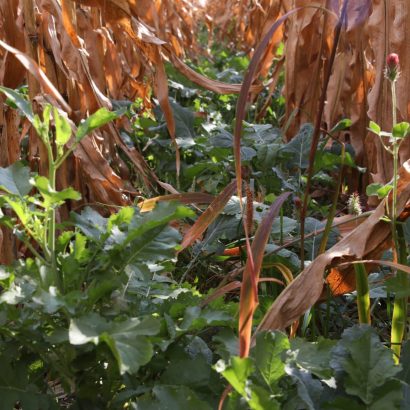
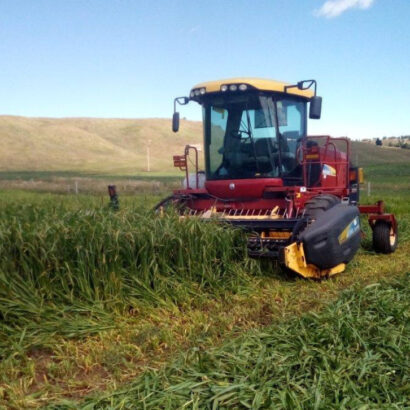

Discussion
0 Comments